Applied Weed & Feed before seeding
Courtney108
11 years ago
Related Stories
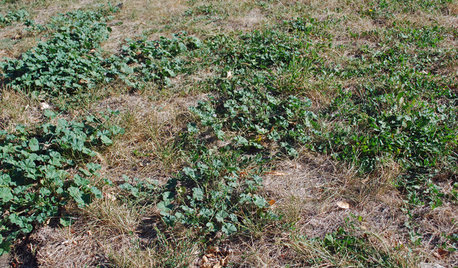
GARDENING GUIDESWeed War: When and How to Use Chemical Herbicides
Before you spray, arm yourself with knowledge about which weed killers — natural or synthetic — are right for your yard
Full Story
EDIBLE GARDENSNatural Ways to Get Rid of Weeds in Your Garden
Use these techniques to help prevent the spread of weeds and to learn about your soil
Full Story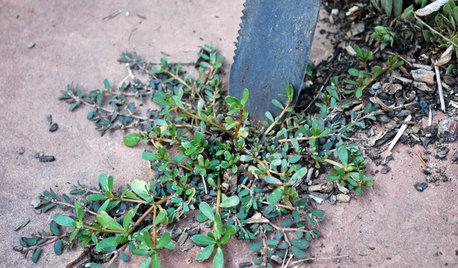
GARDENING GUIDES5 Ways to Naturally Win the Weed War
Show irksome weeds no mercy with these tricks for combating them sans chemicals
Full Story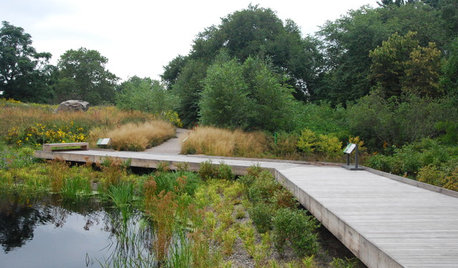
GARDENING GUIDESLet's Weed Out 4 Native Plant Myths
Plant wisely for a garden that supports pollinators and requires less work
Full Story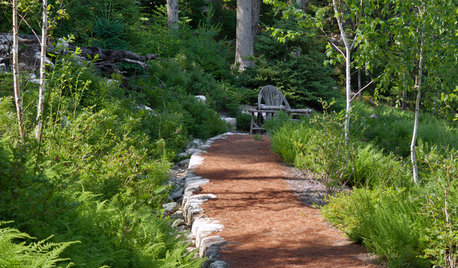
GARDENING GUIDES5 Things to Know About Weeding and Mulching Your Native Garden
What’s the best time to pull weeds? How thick should the mulch be? Here’s the scoop for a healthy landscape
Full Story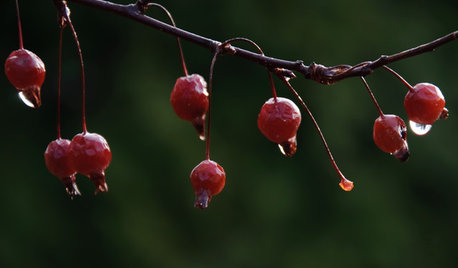
GARDENING FOR BIRDSFeed the Birds: 6 Plants for Abundant Winter Berries
Be kind to your fair feathered friends during lean food times by planting a shrub or tree loaded with nutritious snacks
Full Story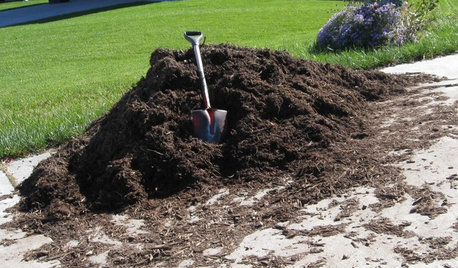
FRONT YARD IDEASBefore and After: Front Lawn to Prairie Garden
How they did it: Homeowners create a plan, stick to it and keep the neighbors (and wildlife) in mind
Full Story
FARM YOUR YARD6 Things to Know Before You Start Growing Your Own Food
It takes time and practice, but growing edibles in the suburbs or city is possible with smart prep and patience
Full Story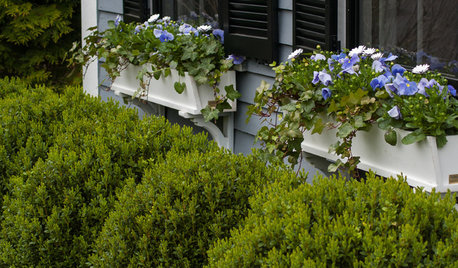
GARDENING GUIDESMake Sure You Read This Before Buying New Plants
Follow these 10 plant-selection tips to avoid buyer’s remorse
Full Story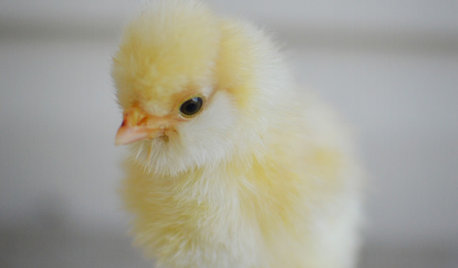
PETSWhat You Need to Know Before Buying Chicks
Ordering chicks for your backyard coop? Easy. But caring for them requires planning and foresight. Here's what to do
Full Story






goren
enigma7
Related Professionals
Londonderry Landscape Architects & Landscape Designers · Harrison Landscape Architects & Landscape Designers · Manorville Landscape Architects & Landscape Designers · Tempe Landscape Contractors · Berkeley Heights Landscape Contractors · Biloxi Landscape Contractors · Cockeysville Landscape Contractors · Cudahy Landscape Contractors · Fort Wayne Landscape Contractors · Laguna Hills Landscape Contractors · New Providence Landscape Contractors · Pleasant Hill Landscape Contractors · Royal Oak Landscape Contractors · Tustin Landscape Contractors · Palos Hills Landscape ContractorsCourtney108Original Author
enigma7
tiemco